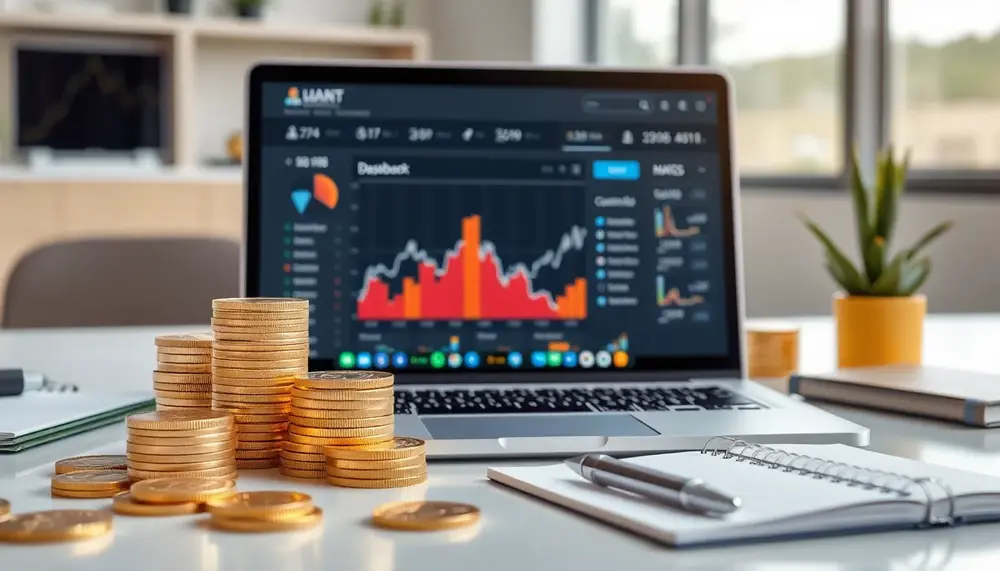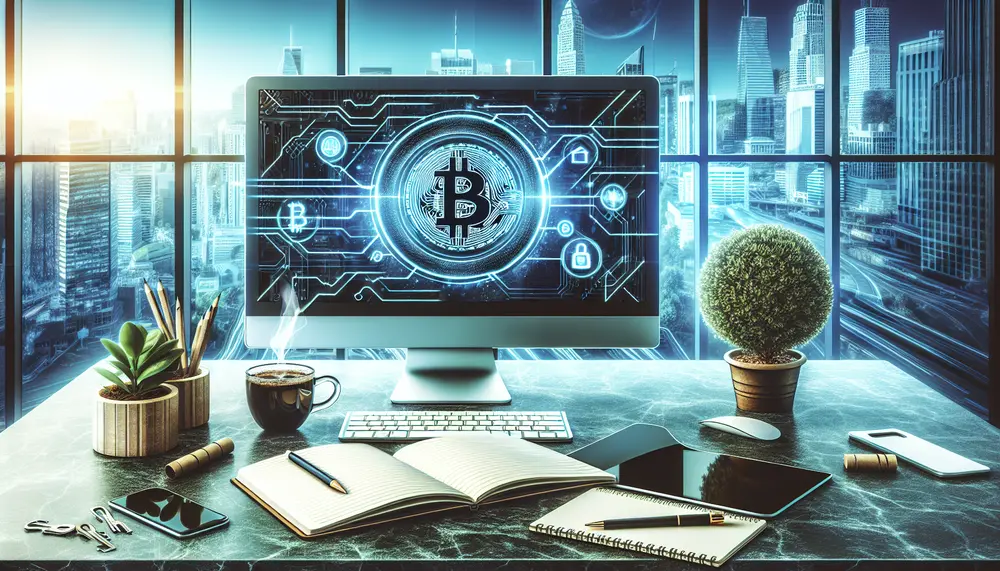mining
mining
What is Mining?
Mining in the context of cryptocurrencies is the process by which new coins are created and transactions are verified on a blockchain network. It involves using computer power to solve complex mathematical problems that validate and record transactions. As a reward for this service, miners receive newly generated coins, thus incentivizing them to maintain and secure the network.
Why is Mining Important?
Mining plays a crucial role in ensuring the growth, mindset, and success of a cryptocurrency. It keeps the network trustworthy and secure by preventing fraud, such as double-spending. Mining also introduces new coins into the circulation in a controlled manner, mirroring how a central bank might issue new money.
How Does Mining Work?
Mining involves assembling a block of transactions and then performing millions or even billions of calculations per second to find a specific number (known as a "nonce") that when combined with the block data, produces a hash that meets the network's requirements. This process requires significant electrical and computational power, and thus it's often performed by specialized hardware.
Proof of Work vs. Proof of Stake
Proof of Work (PoW) and Proof of Stake (PoS) are two different methods used in mining. PoW requires miners to use computational power to solve puzzles and is used in networks like Bitcoin. PoS, on the other hand, requires users to hold and use their coins to validate transactions, seen in cryptocurrencies like Cardano. PoS is generally considered more energy-efficient than PoW.
The Future of Mining
With sustainability becoming a greater concern, the future of mining is shifting towards more energy-efficient practices. Innovations in blockchain technology, like the adoption of PoS and other consensus mechanisms, are leading this change. Successful mining now also requires a strategic mindset, as increased competition and costs necessitate smarter investment in hardware and consideration of energy sources.
How Mining Affects Finance and Investment
For individuals interested in the financial aspect of cryptocurrencies, mining can offer a source of revenue and a way to indirectly invest in the crypto space. By mining, participants can accumulate cryptocurrencies without directly purchasing them, betting on the potential growth of their value. Nonetheless, it requires upfront investment in equipment and ongoing costs, making it crucial to conduct research and assess risk beforehand.
Blog Posts with the term: mining

A Bitcoin Block Explorer is a crucial tool for navigating the blockchain, offering features like transaction tracking and network statistics to ensure transparency and security in cryptocurrency dealings....

Gold plays a vital role in India's economy and culture, serving as both a financial asset and cultural symbol, with its price influenced by global supply-demand dynamics, currency exchange rates, festive seasons, and geopolitical factors. As one of the largest...

Bitcoin mining is central to its deflationary design, with milestones like the Genesis Block and halving events shaping its scarcity and market dynamics. Halvings reduce miner rewards approximately every four years, controlling supply while influencing Bitcoin's value and sustainability as...

The article highlights how visual graphics simplify the complex concepts of blockchain, making it more accessible by breaking down technical jargon into clear visuals. It emphasizes that diagrams and animations help bridge understanding for a wider audience without oversimplifying key...

XRP is a digital asset designed for fast, cost-efficient money transfers on the decentralized XRP Ledger (XRPL), which offers low transaction costs and high performance. The XRPL supports features like a built-in decentralized exchange, cross-border payments, payment channels, smart contracts...

The article explores inflation in France, its historical trends from 1987 to 2023, and projections for 2024–2029, highlighting key economic factors like GDP growth, energy prices, and fiscal policies. It emphasizes the importance of understanding inflation's impact on households and...

Bitcoin mining involves solving complex mathematical problems using powerful computers, rewarding miners with new bitcoins and ensuring network security. The industry is evolving with advancements in hardware, a shift towards renewable energy sources, and regulatory changes impacting operations globally....

Bitcoin mining introduces new bitcoins into circulation and maintains the blockchain ledger by solving complex mathematical problems. Miners use specialized hardware for these calculations, ensuring network security and decentralization while being rewarded with newly minted bitcoins and transaction fees....

Blockchain networks have revolutionized digital transactions and data management by providing decentralized, secure systems for recording information. Initially associated with cryptocurrencies like Bitcoin, blockchain technology now extends to various applications such as supply chain management and healthcare records, offering transparency...

Bitcoin is a type of cryptocurrency that operates on blockchain technology, which is a decentralized ledger ensuring secure and transparent transactions. Blockchain's decentralization eliminates intermediaries like banks, providing enhanced security, transparency, lower costs, faster transaction speeds, immutability, and resilience against...

As quantum computing advances, it poses significant threats to Bitcoin's security by potentially breaking traditional cryptographic methods like ECDSA and SHA-256. To ensure long-term security, Bitcoin must adopt quantum-resistant algorithms, update its protocol, and educate the community on these risks....

Blockchain technology offers secure, decentralized transactions but faces security threats from quantum computing's immense power; developing quantum-resistant cryptography and integrating Quantum Key Distribution (QKD) are crucial for maintaining blockchain integrity in a future dominated by quantum advancements....

Bitcoin mining on Linux offers flexibility, stability, and security, making it ideal for both beginners and advanced users. With the right hardware, distribution (like Ubuntu or MinerOS), and software (such as CGMiner or EasyMiner), miners can optimize performance while ensuring...

The article examines inflation in Poland, highlighting its causes such as energy prices and wage growth, alongside economic resilience driven by investments and consumer spending. Projections suggest fluctuating inflation rates through 2026, with fiscal policies playing a crucial role in...

